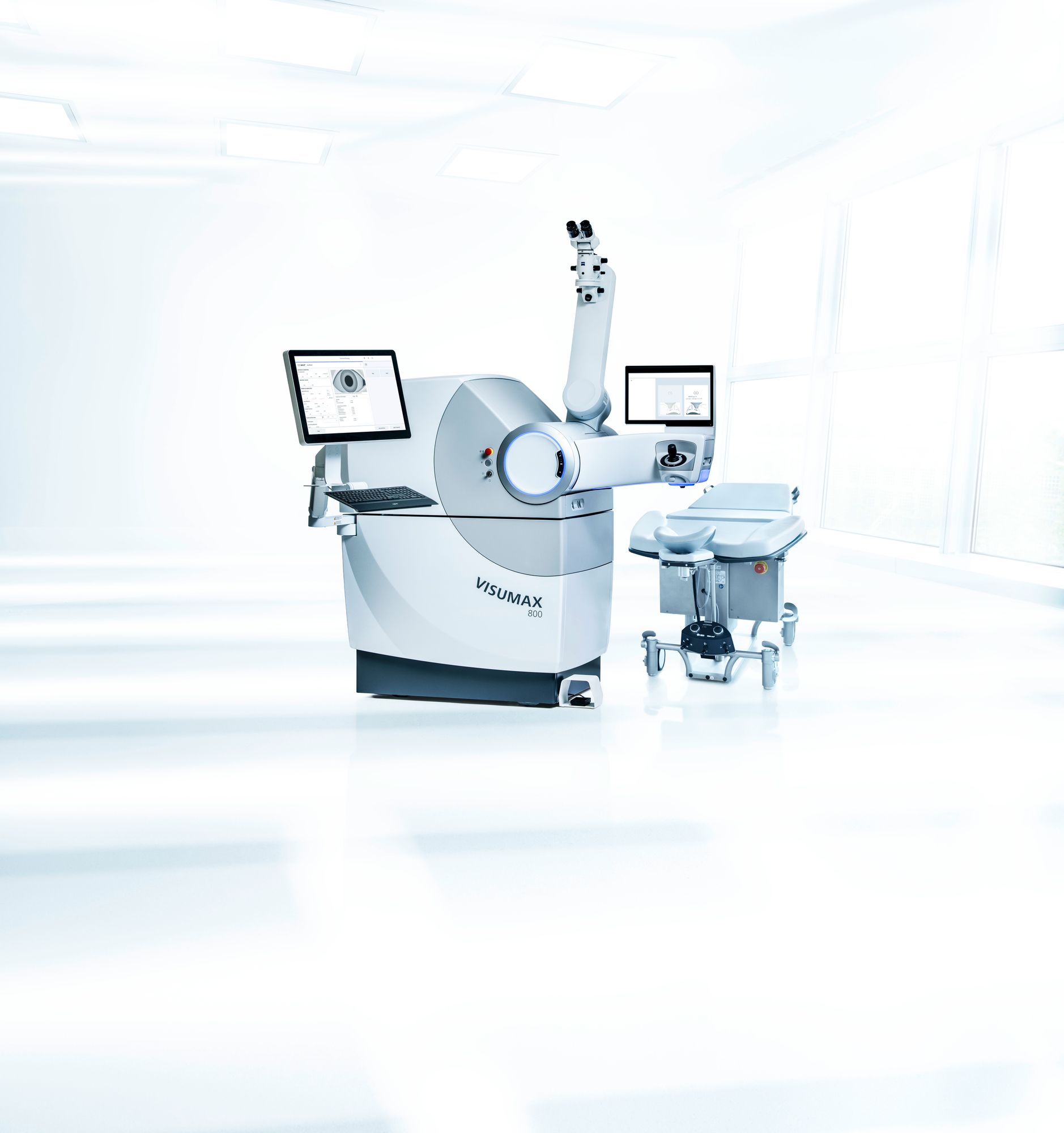Blurry Vision After ICL Surgery
What Is “Blurry Vision” After ICL?
After an ICL (implantable collamer lens) procedure, “blurry vision” refers to any lack of clarity such as:
- Vision being less sharp than expected, especially compared to pre-surgery glasses/contacts
- Fluctuating clarity (sometimes sharper, sometimes hazy)
- Difficulty focusing, particularly in low light or when reading/ driving
- Having “ghosting”, double-vision, or a slight haze in your visual field
Some blur is normal in the early recovery phase — your eye is adapting to the new lens, and healing is underway. But persistent or worsening blur may need further evaluation.
Common Causes of Blurry Vision After ICL
1. Early Healing & Adaptation
- Immediately after surgery, the eye is adjusting: fluid dynamics, lens placement, minor inflammation. Many clinics note that blurry/hazy vision in the first 1-2 days is expected.
- Vision fluctuations during the first few weeks are normal as the lens “settles in” and your brain adapts to the new optics.
2. Residual Refractive Error
- If the ICL does not fully correct your prescription (myopia, astigmatism) you may still have some blur. This is sometimes described as “residual refractive error”.
- Particularly with high prescriptions or astigmatism, full correction may be more challenging and a small blur may persist.
3. Corneal or Lens-Related Issues
- If the ICL vault (distance between the implanted lens and your natural lens) is too high or too low, clarity may be reduced. Size/fit matters.
- Post-operative corneal swelling/edema (fluid build-up in cornea) can cause haze/blurry vision.
- Inflammation, infection, or internal pressure changes (intraocular pressure spikes) can blur vision.
4. Age-Related or Other Eye Conditions
- If you are older, you might begin to develop presbyopia (near-vision decline) or early lens/cataract changes, which can contribute to blur even if the ICL is fine.
- Changes in your eye anatomy (especially with very high myopia) may cause slight shifts over time.
What Timeline Should You Expect?
- Day 1-3: Blurry vision is common. It’s part of early recovery and adaptation.
- Week 1–4: Vision should become clearer and more stable. Fluctuations should reduce.
- Month 2–3: Most patients reach “near-final” clarity. Any remaining blur should be minor or improving.
- Beyond 3-6 months: Vision should be stable. If blur persists or worsens, this may warrant further investigation.
When to Be Concerned & Contact Your Surgeon
You should contact your eye surgeon if:
- The blur suddenly worsens instead of improving.
- There are new symptoms: increased pain, redness, discharge, sudden vision loss, flashes or floaters. (Could signal infection, lens displacement, or retinal issues.)
- You still have significant blur after 3 months and cannot see as well as expected.
- You experience other issues such as high intraocular pressure spikes, which may blur vision.
Tips to Manage Blurry Vision During Recovery
- Use your prescribed eye-drops and medications exactly as your surgeon instructs to control inflammation and help healing.
- Avoid rubbing your eyes, heavy screen use, driving in low light early, or exposing eyes to wind/dust.
- Give your eyes time to rest: good sleep, reduced strain, avoid heavy reading or glare.
- Use lubricating drops if you have dryness, as tear-film instability can blur vision.
- Attend all follow-up appointments so your surgeon can monitor healing, vault, lens position, pressure, etc.
- Be patient: some early blur is expected, but improvements should be steady.
Final Thoughts
Blurry vision after ICL surgery is common and usually temporary.
For most patients, clarity improves significantly in the first weeks and continues to stabilize by 2-3 months. The key is:
- Choosing a skilled surgeon who plans the lens power/fit carefully,
- Adhering to post-op care and monitoring,
- Reporting any unexpected changes right away.
If you’re planning ICL surgery in Korea (or anywhere), understanding what’s “normal” and what warrants attention will give you peace of mind and a smoother recovery.
Call-to-Action
👁️ If you’re experiencing persistent blurry vision after ICL — don’t wait. Book a follow-up exam with your clinic, ask specifically about residual prescription, vault check, corneal health, and ensure your recovery is progressing optimally.













